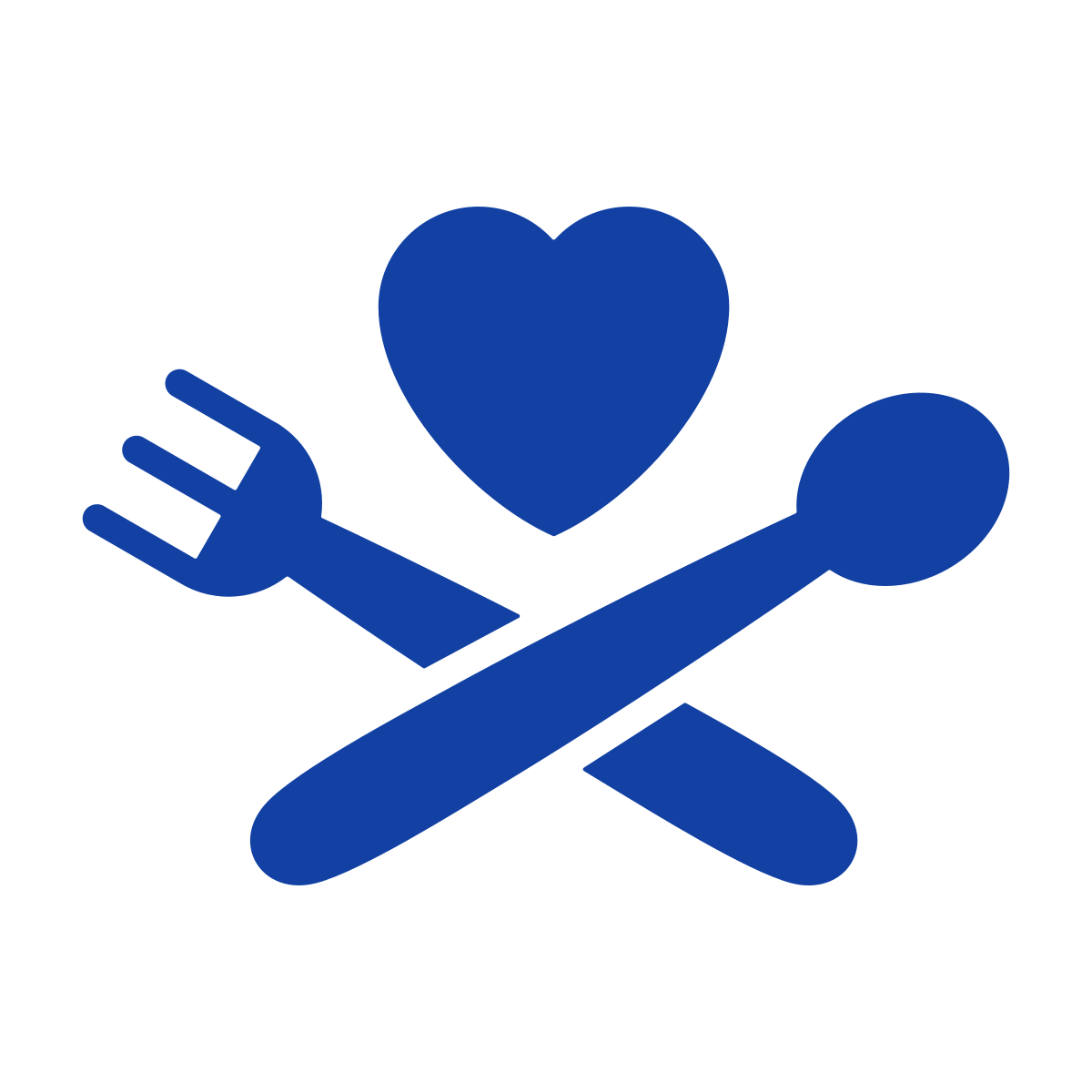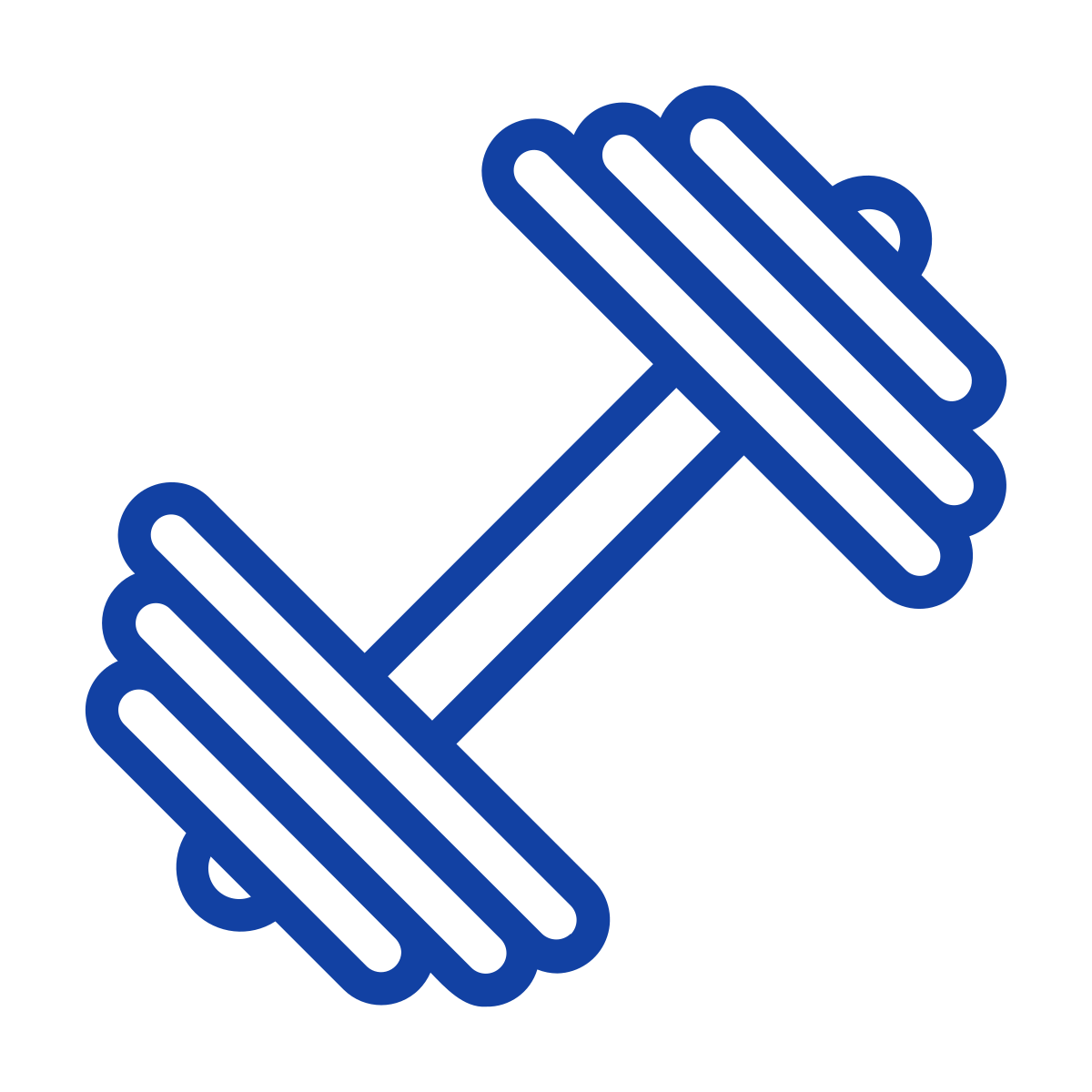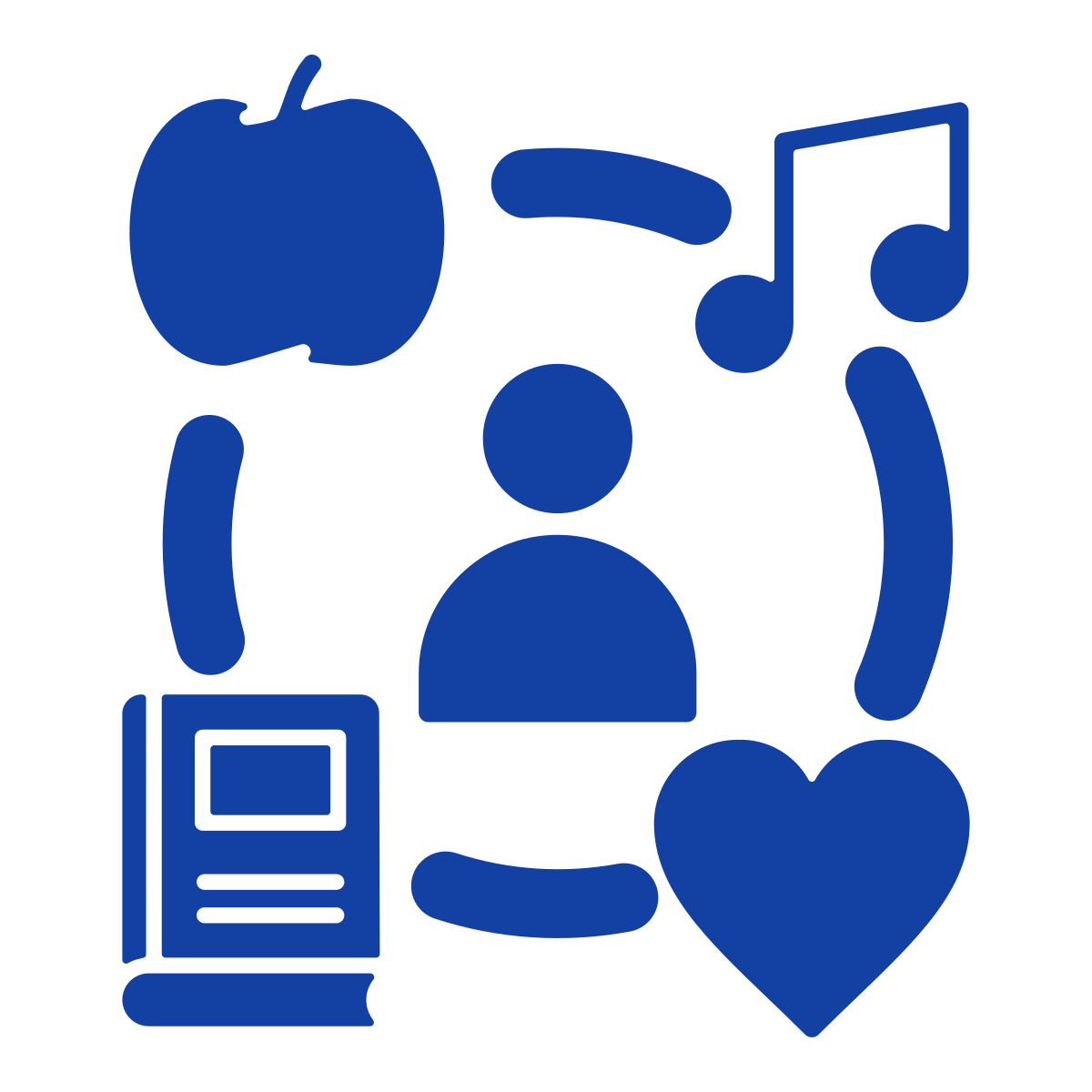Adrenal Fatigue Support
These protocols are for informational purposes only and are not intended to diagnose, treat, cure, or prevent any disease. Always consult with a qualified healthcare provider before starting any new supplement, diet, or exercise program, especially if you have a medical condition or are taking medication.
The supplements I cover in these protocols are available in the United States. Tap on the product names in the protocols to jump right to that supplement.
If you live elsewhere, please reply to the email I sent you and I'll try to help you find similar products in the country you're in.

What is Adrenal Fatigue?
Adrenal fatigue is a state of hormone imbalance caused by chronic stress and the continuous release of cortisol. Over time, this depletes the adrenal glands, disrupting energy, focus, and overall well-being.
When your adrenal glands are overtaxed, they can no longer produce balanced levels of cortisol, which is essential for energy regulation, stress response, and mental clarity.
It's generally understood that adrenal fatigue occurs in 3 distinct stages, though there can be some overlap as people progress from one to the next.
Root Causes of Adrenal Fatigue
- Chronic Stress Overload: Continual activation of the “fight-or-flight” response leads to adrenal burnout.
- Nutritional Deficiencies: The stress response depletes essential nutrients like magnesium, B vitamins, and vitamin C, critical for adrenal health.
- Blood Sugar Spikes and Dips: Irregular meals and excess sugar create instability, putting extra strain on the adrenals to regulate glucose.
- Overstimulation and Stimulants: Caffeine and sugar provide a temporary fix but increase stress hormones, worsening fatigue.
Stage 1: Alarm Phase
Cortisol and DHEA are both elevated. The body is in a hyper-responsive state with occasional fatigue, but lots of nervous energy.
Common Signs
- You feel “tired but wired” at night
- You fall asleep late or wake often
- You rely on caffeine to get going
- Mid-morning or afternoon crashes
- Anxiety, irritability, or restlessness
- You feel overwhelmed easily
- Salt or sugar cravings
- High resting heart rate or blood pressure
Lab Markers
-
Cortisol (salivary or DUTCH): Elevated, especially in the morning
-
DHEA: Normal to elevated
-
Fasting glucose: May be elevated
-
Heart Rate Variability (HRV): Lower than baseline
-
Blood pressure: May be borderline high
-
Inflammation markers: hs-CRP or homocysteine could be elevated


Nutrition
- Emphasize protein and healthy fats at each meal to stabilize blood sugar. Minimum of 30 grams of protein at any meal or snack.
- Avoid intermittent fasting or long gaps (more than 6 hours) between meals.
- Moderate complex carbs in the evening to support serotonin and GABA production.
- Prioritize foods rich in magnesium (leafy greens, seeds), vitamin C (berries, bell peppers), and B vitamins (eggs, meat, avocado).

Supplements
Happy Juice Pack: In the morning on an empty stomach, mix one pack of each in 24-30 ounces of water and consume within 30 minutes.
- MentaBiotics – gut-brain axis balance, serotonin & GABA support*
- EDGE+ – dopamine, motivation, mental clarity*
- Energy+ – clean energy with adaptogens (use mindfully)*
Optional Add-Ons: Take Rhodiola mid-morning and mix the magnesium about 30 minutes before bedtime.
- Thorne Rhodiola – mental stamina, cortisol support*
- Thorne Magnesium Bisglycinate – sleep, stress, nervous system repair*

Exercise
- Moderate strength training 3–4x/week (30–45 min).
- Avoid HIIT or long endurance training.
- Add walks post-meal or in nature to support cortisol rhythm and vagal tone.

Lifestyle
- Begin stress-reduction practices: 10–20 minutes of breathwork, journaling, or walking daily.
- Prioritize 7–9 hours of consistent sleep—lights out by 10:30 p.m.
- Reduce or eliminate caffeine (especially after 10 a.m.).
Stage 2: Resistance Phase
Cortisol output starts dropping, DHEA begins to decline. Fatigue worsens, mood becomes flat, cravings increase, sleep is disturbed.
Common Signs
- Chronic fatigue that doesn’t improve with sleep
- Trouble waking in the morning
- Increased cravings (sugar, salt, caffeine)
- Lower motivation, mood, and libido
- Sleep is disrupted or shallow
- Feeling overwhelmed by normal tasks
Lab Markers
-
Cortisol: Low morning, high evening, or flattened curve
-
DHEA: Declining
-
ACTH: May be borderline low
-
Sex hormones: Estrogen, testosterone may start dropping
-
Electrolytes: Sodium and potassium may shift


Nutrition
- Continue blood sugar balance: protein (30+g) with each meal.
- Increase salt intake (Himalayan or Redmond’s) to support low aldosterone.
- Avoid alcohol, refined sugar, and processed carbs.
- Bone broth, organ meats, and collagen-rich foods to support tissue repair.

Supplements
Happy Hormones Pack: Take 2 GBX Fit and 2 Mood+ with breakfast. Take 2 Ignite for Her mid-morning or with lunch.
- Mood+: saffron, tongkat ali, and rafuma for mood + cortisol modulation*
- GBX Fit: stress metabolism and fat resilience*
- Ignite for Her: adaptogenic hormone + energy support.*
Optional Add-on Support:
- Thorne Adrenal Cortex: Supports cortisol rhythm.* 2 capsules around 10 a.m.
- Thorne Magnesium Bisglycinate: Deeper nervous system support.* Use 30 minutes before bed.
- Amare Sleep+: Helps you fall asleep faster, stay asleep, and get more deep, restorative sleep. Take 2 30 minutes before bedtime.

Exercise
- Shift toward low-intensity movement: walking, light resistance training, yoga.
- Limit workouts to 30 minutes or less.
- Use heart rate variability (HRV) to guide intensity and recovery.
- Focus on consistency, not intensity.

Lifestyle
- Reduce obligations and say "no" more often.
- Block off 1–2 hours/week for complete rest or hobbies.
- Practice a 20-minute afternoon nap or non-sleep deep rest (NSDR).
- Sleep: aim for 8–9 hours, lights off by 10:00 p.m.
Stage 3: Exhaustion Phase
Cortisol, DHEA, and often sex hormones are all suppressed. Fatigue is debilitating, mood is flat or depressed, immune function drops, and inflammation rises.
Common Signs
- Constant fatigue, even with rest
- Brain fog, poor memory
- Feeling emotionally flat or depressed
- Hypoglycemia or dizziness
- Salt cravings
- Low libido
- Frequent illness
- Exercise intolerance
Lab Markers
-
Cortisol: Very low across the day
-
DHEA: Low or undetectable
-
ACTH: May be suppressed
-
Blood pressure: Low
-
Blood sugar: Hypoglycemia risk
-
Thyroid panel: TSH may rise, free T3 may drop
-
Inflammatory markers: CRP, homocysteine may rise


Nutrition
- Prioritize nutrient-dense, high-protein, anti-inflammatory foods.
- Eat every 3–4 hours—don’t let blood sugar drop (even snacks should be high in protein).
- Add easy-to-digest foods: smoothies, broths, soft-cooked meats and veggies.
- Increase mineral intake: magnesium, sodium, potassium.
- Avoid stimulants entirely, including coffee and pre-workouts.

Supplements
Happy Hormones Pack: Take 2 GBX Fit and 2 Mood+ with breakfast. Take 2 Ignite for Her mid-morning or with lunch.
- Mood+: saffron, tongkat ali, and rafuma for mood + cortisol modulation*
- GBX Fit: stress metabolism and fat resilience*
- Ignite for Her: adaptogenic hormone + energy support.*
Optional Add-on Support:
- Thorne Adrenal Cortex: Supports cortisol rhythm.* 2 capsules around 10 a.m.
- Thorne Magnesium Bisglycinate: Deeper nervous system support.* Use 30 minutes before bed.
- Amare Sleep+: Helps you fall asleep faster, stay asleep, and get more deep, restorative sleep. Take 2 30 minutes before bedtime.
- Amare MentaHeart: Supports HPA axis + heart-brain coherence, improves heart rate variability.* Take 2 at night.

Exercise
- Minimal structured exercise—focus on recovery.
- Gentle mobility, stretching, yin yoga, or short walks.
- Rebuild movement gradually as energy returns.
- Avoid "pushing through"—recovery is the priority.

Lifestyle
- Radical rest and nervous system repair are essential.
- Daily exposure to morning sunlight and grounding.
- Use parasympathetic-stimulating techniques: humming, vagus nerve massage, slow nasal breathing.
- Eliminate blue light exposure after sunset.
- Consider therapy or coaching to process chronic emotional stress.
Long-Term Recovery Strategy
Once your move out of the exhaustion stage:
- Reintroduce more structured strength training first, then metabolic conditioning.
- Use periodic HRV or cortisol/DHEA testing to guide adjustments.
- Integrate seasonal shifts in training/nutrition based on stress load (e.g., train harder when life stress is lower).
- Maintain morning light, quality sleep, and a high-protein, anti-inflammatory diet as baseline habits.
A Note About Ingredients
I do not recommend any supplements that contain artificial colors, flavors, or sweeteners, carrageenan, magnesium stearate, pesticides, herbicides, antibiotics, banned substances, synthetic folic acid, or anything else that disrupts the gut-brain axis or other aspects of health.
I also encourage you to buy from companies who pay for 3rd party testing on their products.
If you have a question about these supplements or need something personalized, please email me.
